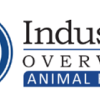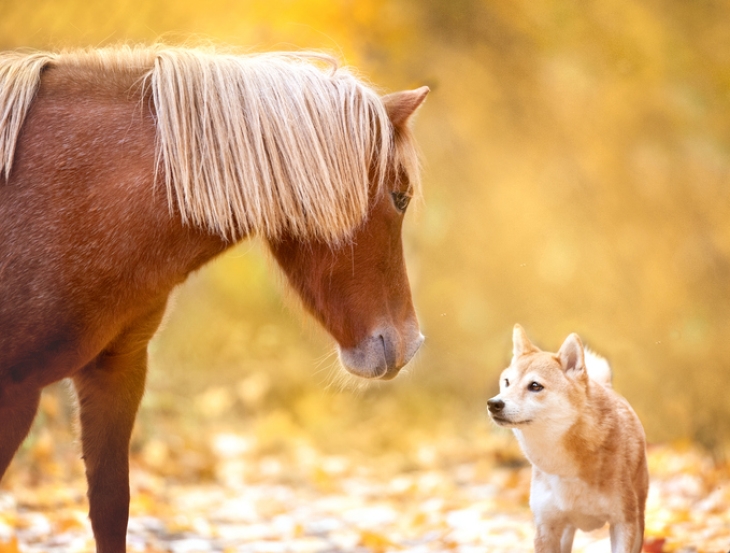Recent Posts
- Building a Robust and Diverse Ecosystem Innovation Ecosystem in the Animal Health Industry
- Cultivating A Champion Culture: Balancing Performance and People in Animal Health
- How Stable are Earnings in Animal Health? Results of the Animal Health Jobs 2025 Salary Survey
- Entry Fees for the Race for Talent: Results of the Animal Health Jobs 2025 Salary Survey
- Looking In The Gift Horse’s Mouth: The Pros and Cons of Counteroffers in Animal Health
Most Popular
-

How Stable are Earnings in Animal Health? Results of the Animal Health Jobs 2025 Salary Survey
-

How Will Artificial Intelligence Change Jobs In Animal Health?
-

News to Know from Brakke Consulting’s 2025 Animal Health Industry Overview
-

Entry Fees for the Race for Talent: Results of the Animal Health Jobs 2025 Salary Survey
-

Building a Robust and Diverse Ecosystem Innovation Ecosystem in the Animal Health Industry
To Make Better Hires, Be A Better Interviewer

To Make Better Hires, Be A Better Interviewer
We've written before about how animal health job candidates can succeed in interviews. What about the other side of the table? From preparation to asking the right questions, skilled interviewers help animal health companies attract top candidates and hire the right talent. A good interview is a two-way conversation, with the company and the candidate both seeking the right fit. When you're competing for top animal health talent, the quality of that conversation can make all the difference.
Research shows that better interviewers make better hiring decisions, reducing the number of interviews required to identify the right candidate for the role and reducing new hire attrition.1 How can you increase the effectiveness of your interviewers, and thus your selection process?
Preparing the interviewer
Many managers are unsure of their ability to conduct an effective interview, and they're correct to be concerned. Few companies provide formal, structured training on conducting effective job interviews. Talent acquisition teams may provide a list of questions, particularly for behavioural or situational interview strategies, and they may provide a rubric for evaluating candidates. But they don't get into the nitty gritty of how to prepare, how to conduct yourself, and how to ask questions for effective interviewing. If your company doesn't provide this training, use these tips to get started.
Reducing interviewer anxiety
Unless you conduct interviews all day long, an interview can be a major disruption in your day. It requires focused concentration, strong listening skills, quickly connecting with strangers, and making decisions that could dramatically impact the company's and the candidate's future. Interviewing is much like public speaking – which, we all know, is one of the top fears out there.
No interviewer can perform at their best when pressured by unnecessary anxiety. You wouldn't ask a sales professional to make a cold call into a new veterinary clinic; just as with a sales call, preparing for an interview dramatically reduces anxiety. Don't save your preparations for the last minute; read the candidate's CV and any questions or rubrics from your Talent Acquisition team well in advance. Jot down potential questions and note areas to explore.
Block your calendar for 15 minutes before the interview, settling aside time to clear your mind, review your key questions and arrive on time. Arriving 5 minutes late and feeling rushed is not only disrespectful to the candidate; it leaves the interviewer feeling behind schedule rather than relaxed and curious.
Well-crafted questions
Ask meaningful interview questions that help you and the candidate evaluate how they might realistically perform in the role. Professor J.R. Keller from Cornell University's School of Industrial and Labor Relations recommends framing your questions as examples of the workday.2 For example, instead of, 'Tell me how you would close a sale with a reluctant customer,' try saying, 'In this job you will be asked to launch new and innovative animal health products that a veterinarian might not immediately understand as useful for her practice. How would you plan and conduct that sales call?'
Don't ask "gotcha" questions like 'What zoo animal do you most resemble?' or what Keller calls lazy questions, like 'Where do you see yourself in 5 years?' Neither of these really reveals anything about how the candidate will perform in the role in question, and gotcha questions can quickly turn off a serious candidate. If you're interested in their career plans, ask the candidate what they would most like to learn or improve in the next 3-5 years.2
Post-interview reflection
Block your calendar for 15 minutes after the interview to record your impressions and complete any required evaluations. Do this while the interview is still fresh in your mind, for every candidate, for the best assessment. Consistency in preparation, conduct, and follow-up help ensure a fair evaluation of all candidates.
It's an interview, not a dog and pony show
LinkedIn is filled with stories of candidates leaving interviews or turning down offers because of unsatisfactory interviews. Preparing, reducing anxiety and asking effective questions can help you improve your interviews and successful hire rate, helping you identify top animal health talents with the right fit who will stay on board longer and help your company succeed.
---
Looking for top candidates for your open animal health jobs? Find experienced animal health insiders who will keep your business running smoothly at Animal Health Jobs. Post your open roles now to find the top candidates in animal health and animal nutrition.
Register for our newsletter to stay on top of the latest jobs and trends in animal health and animal nutrition.
References
- Munasinghe L. & Gautier K. 'Research Highlight: Do you know who your best interviewers are?' MIT Sloane Management Review. Published 29 October 2020. https://sloanreview.mit.edu/article/do-you-know-who-your-best-interviewers-are/ Accessed 23 January 2025.
- Cornell Keynotes Podcast 31 December 2024.'Become a better interviewer in five steps.' Interview with Professor J.R. Keller. Published 29 February 2024. https://youtu.be/Zw4AtkhhwtE?si=jqGri9dOAsDq1qgV Accessed 6 January 2025.


Comments